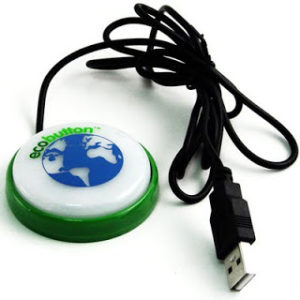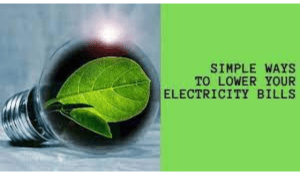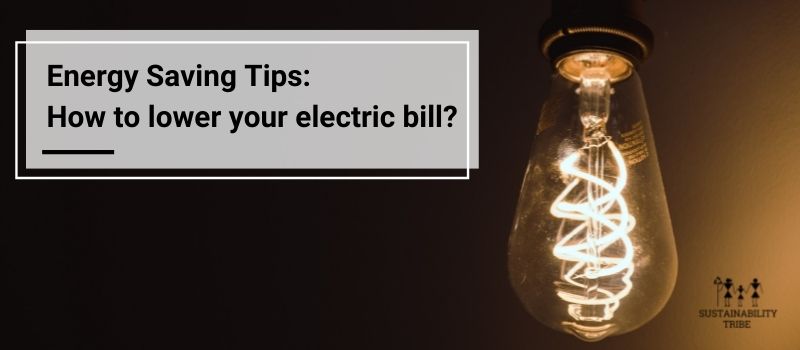Tribe, when you save energy you have a smaller negative impact on the environment but most importantly you also end up saving on your electricity bills. And if you don’t believe this then start applying at least some of our tips regularly at your home and keep track of your energy bills. You will surely see the difference.
Why Save Energy?
Energy production by burning fossil fuels is single-handedly the biggest source of carbon dioxide emissions that results in global warming and climate change. As the population is growing, our energy demands will increase too. Then how do we control carbon emission and drastically changing climate? Countries around the world are increasingly investing in renewable and clean energy. But, according to International Energy Agency, IEA’s 2020 statistics the total share of renewable energy is only 29% worldwide. The rest of the energy production is still dependent on carbon-intense fossil fuels. We are still a long way from meeting our current energy demands significantly from clean energy sources (remember we are not even discussing meeting our future growing energy demands with clean energy yet). Till then all we can do to reduce carbon emission is decrease the demand for energy. And this is very much possible, a solution which can give prompt results and will help in bringing down carbon emission.
But for that, we need contribution from everyone. First, governments to create such energy-saving policies. We can see many nations bringing such policies under net-zero oaths or part of the Paris Agreement and their NDCs. Then industries adopt energy efficiency and switch to renewable energy. And finally, all of us consumers learn and adapt energy-saving tricks in our daily routine and purchase decisions.
If you are wondering what is energy efficiency? Energy efficiency means you are using less energy to do the same jobs. Then we can also conserve energy by cutting down unnecessary energy use. So we can save a significant amount of energy just through simple behavioral change or with a little bit of financial investment.
Energy Saving With No Cost
Lighting & Equipment
- Switching off when not in use, be it lights or equipment.
- Unplugging equipment when not in use.
- Using daylight instead of switching lights on during the day.
- While washing clothes you can skip the dryer cycle and can use solar energy to dry your clothes! 15% of the energy will be saved!
- Run a washing machine and dishwasher only on a full load. That reduces the number of times you use these types of equipment during the week or day.
- Don’t use the water heater in the UAE’s summer. Water gets naturally heated in summers.
- Regularly check equipment to see if any repair is required, otherwise, they will end up using more energy.
Thermal Comfort (Air conditioning)
- Set your thermostat at 24 degrees instead of over-cooling the space.
- Set a timer for your thermostat so that cooling will be stopped when the required temperature is reached
- Keep your doors and windows closed if you are using air conditioning. It will avoid leakage and save energy plus will keep your indoor air quality better.
- Check your air filters, if they are clean they will be more efficient.
- Use fans instead of AC when possible
- During winter open windows and don’t use AC
- During summer close blinds/curtains to avoid heating up the space
- Only cool the rooms that you are using
- Check seals on doors and windows if the air is leaking from their your AC bills will be higher.
- Wear comfortable clothes during summer to reduce the need for over-cooling the room.

Kitchen & Cooking
- Regularly set your refrigerator temperature according to seasons. In winter, you don’t need a very low temperature in your fridge. Don’t keep your fridge too cold.
- Clean your fridge regularly and get rid of the frost and ice formed. This frost and formed ice increase the consumption of energy.
- Keep the refrigerator full if possible. Surprisingly, it takes less energy to cool a full refrigerator or freezer than an empty one. However, don’t overload your fridge.
- Never keep hot food directly in the fridge, instead keep it to cool naturally and then keep in the fridge.
- Close the door of the fridge properly every time you use it. If the door is not getting closed properly repair the fault immediately.
- Defrost your food in advance by just taking it out of the fridge.
- Avoid oven if possible, instead, use a slow cooker or even better a pressure cooker.
- Cover your food when cooking or boiling, it will take less energy to heat up.
- Use traditional kitchen tools like mortar, grater, french press, or handheld no-electricity tools like a manual chopper, coffee grinder instead of electric appliances.
Low Cost – High Impacts
- Replacing lamps with LED lights or energy-saving lighting.
- Installing task lighting; put your light where you need it most, instead of brightening the whole room. Ex. table lamps, study lamps.
- Installing dedicated switches for different lights instead of a single switch for multiple lights.
- Install dimmers in areas like the dining room, bedroom. The light that is dimmed by 15% reduces energy consumption by 15%.
- Buying energy-efficient appliances, here is the guide to choosing energy-efficient appliances.
- Paint your walls brighter to reflect light, this will reduce the need for lighting during the day.
- Paint roof or external walls to lighter colors, this will reduce heat absorbed and will reduce AC bills.
Bigger Investments
- Get an Energy Audit done for your home or office. You can send an energy audit inquiry for your home or office to our consulting arm, AK Sustainability Advisory.
- Install sensors or automation technologies to automatically switch off lights and air conditioning.
- Double Glaze your windows and facade.
- Change your existing equipment to energy saving
- Installing skylights
- Installing solar panels or relevant renewable energy sources for your home or office
- Install green roofs
- Install external shading elements to reduce sun exposure to external walls or roofs.
- Improve the insulation of your home or office.
You can find more tips about natural resource-saving here.
If you are committed to becoming an energy-saving champion then you can also join our Energy Ambassador program here for free. Just click the join button under the ‘energy’ Ambassadorship category and your program will start instantly. Follow the step and you can be Sustainability Tribe’s next Ambassador!

Inspired enough to make your home more sustainable?
You can also access our self-paced online course, Sustainable Home Masterclass. is designed to give attendees a complete guide to sustainable homes right from how to select a property up to what changes can you make in your existing property including budget-friendly options. This course will also contain an introduction to green buildings and sustainable material choices. Plus how to develop conscious consumption choices to select sustainable household items and develop simple habits for a healthy home. After this course, you will be able to gain enough knowledge to reduce your utility bills and cost elsewhere, improve your family’s wellness as well as contribute to climate action right from your home.




